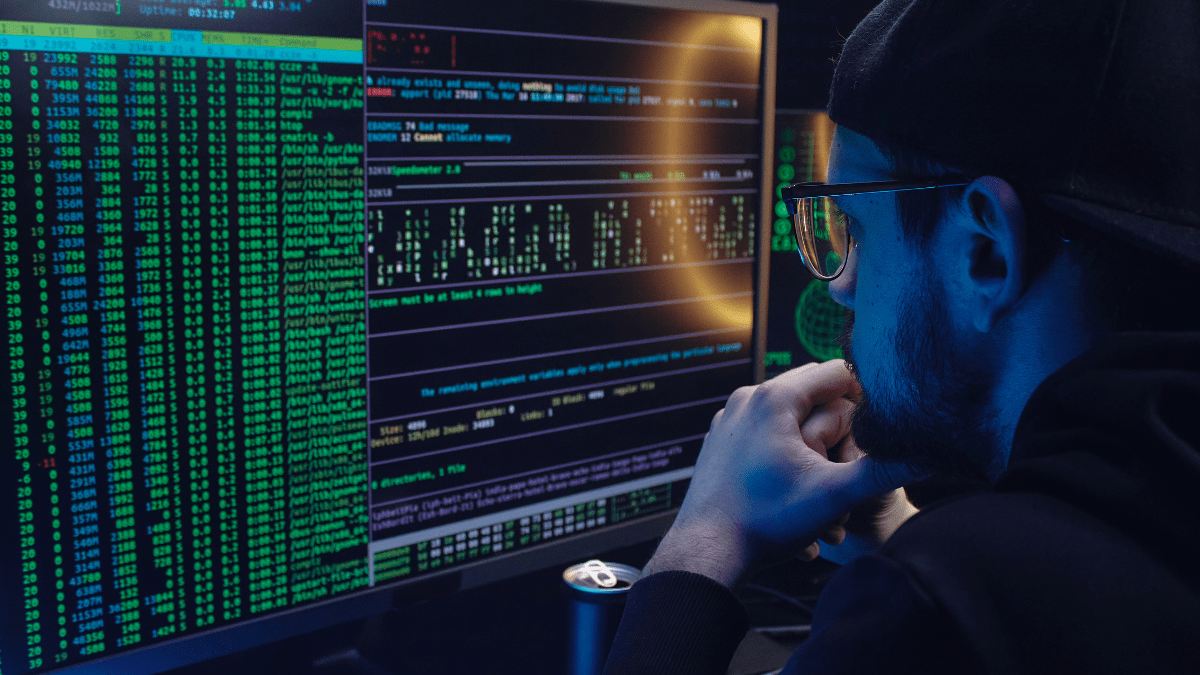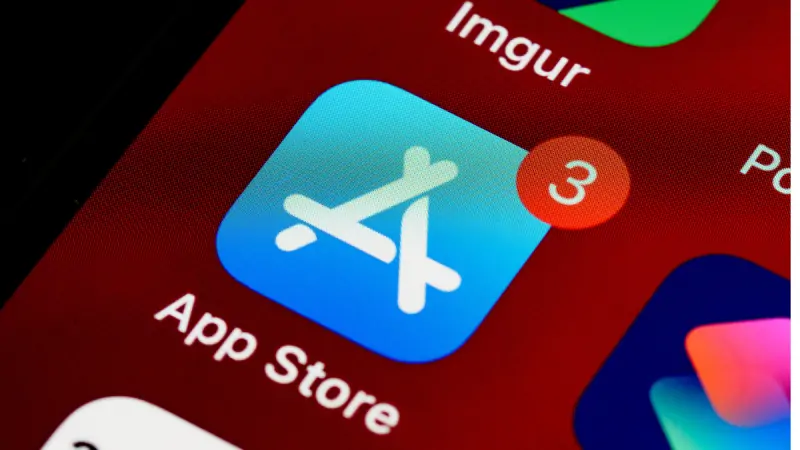Will AI Take Over Programmer’s Jobs? Examining the Future of Programming in the Age of Artificial Intelligence

Will AI Take Over Programmer’s Jobs? Examining the Future of Programming in the Age of Artificial Intelligence
Introduction:
As technology continues to advance at an unprecedented rate, the rise of artificial intelligence (AI) has sparked numerous debates about its potential impact on various industries. Among the professions facing potential disruption is programming, where the advent of AI-powered tools and automated systems has led to concerns about job security for programmers. In this article, we will delve into the topic of whether AI will take over the programmer’s job, exploring the current landscape, potential implications, and examples of AI’s role in programming.
The Current Landscape:
Before delving into the future, it’s crucial to understand the present state of programming. Currently, programmers play a pivotal role in developing and maintaining software systems. They write code, debug applications, design algorithms, and solve complex problems. Programming requires creativity, critical thinking, and domain knowledge, making it a profession that demands human expertise.
The Role of AI in Programming:
While AI technology has made significant advancements, it is important to note that AI is not a substitute for human programmers but rather a complementary tool that can enhance their capabilities. AI can automate certain routine and repetitive tasks, enabling programmers to focus on higher-level challenges. Let’s examine a few examples of AI’s role in programming:
- Automated Code Generation: AI-powered tools, such as AutoML and code generators, can assist programmers in writing code more efficiently. By analyzing large codebases and learning patterns, AI algorithms can generate code snippets or entire functions, reducing the time and effort required for implementation.
- Bug Detection and Debugging: AI-based debugging tools can assist programmers in identifying and resolving software bugs. These tools use machine learning algorithms to analyze code and identify potential errors, helping programmers streamline the debugging process.
- Natural Language Processing: AI algorithms can process and understand natural language, allowing programmers to communicate more effectively with computers. Natural Language Processing (NLP) techniques enable developers to write code using plain English or other human languages, which is then translated into machine-readable code by AI systems.
- Intelligent Code Assistance: AI-powered Integrated Development Environments (IDEs) provide programmers with intelligent code completion suggestions, syntax checking, and error detection. These tools leverage machine learning algorithms to understand the programmer’s intent and offer relevant suggestions, thereby enhancing productivity.
Implications and Future Outlook: While AI has the potential to augment programming tasks, it is unlikely to completely replace human programmers in the foreseeable future. Programming involves creativity, problem-solving, and critical thinking, which are uniquely human qualities that AI has not fully replicated.
Additionally, programming is a constantly evolving field that demands adaptability and domain expertise. Programmers are responsible for understanding complex requirements, making design decisions, and ensuring the software meets user needs. These aspects require a deep understanding of the problem domain, which AI currently lacks.
Instead of replacing programmers, AI will likely reshape their roles and provide new opportunities. As AI automates routine tasks, programmers can focus on higher-level design, optimization, and creating innovative solutions. The collaboration between AI systems and human programmers can lead to more efficient development processes and the creation of cutting-edge applications.
Conclusion:
While AI has undoubtedly made significant strides in various domains, the notion that it will completely replace programmers is unfounded. AI technology acts as a powerful tool that can enhance programmers’ capabilities, automate routine tasks, and streamline software development processes. However, programming remains a complex and dynamic discipline that requires human creativity, problem-solving, and domain expertise. By embracing the potential of AI in programming, developers can leverage its power to drive innovation and create a future where human programmers work in harmony with intelligent machines.







Quality articles or reviews is the important to interest the
visitors to go to see the website, that’s what this site
is providing.
Outstanding post however I was wondering if you could write
a litte more on this subject? I’d be very grateful if you could elaborate a little bit further.
Many thanks!